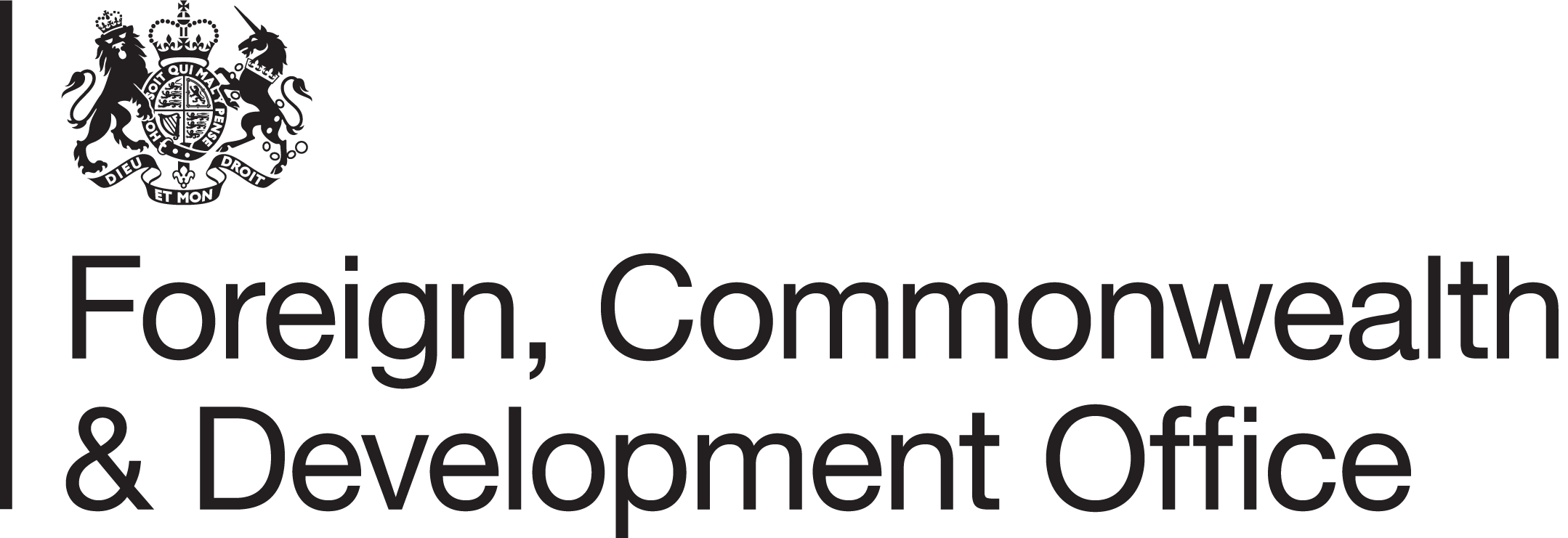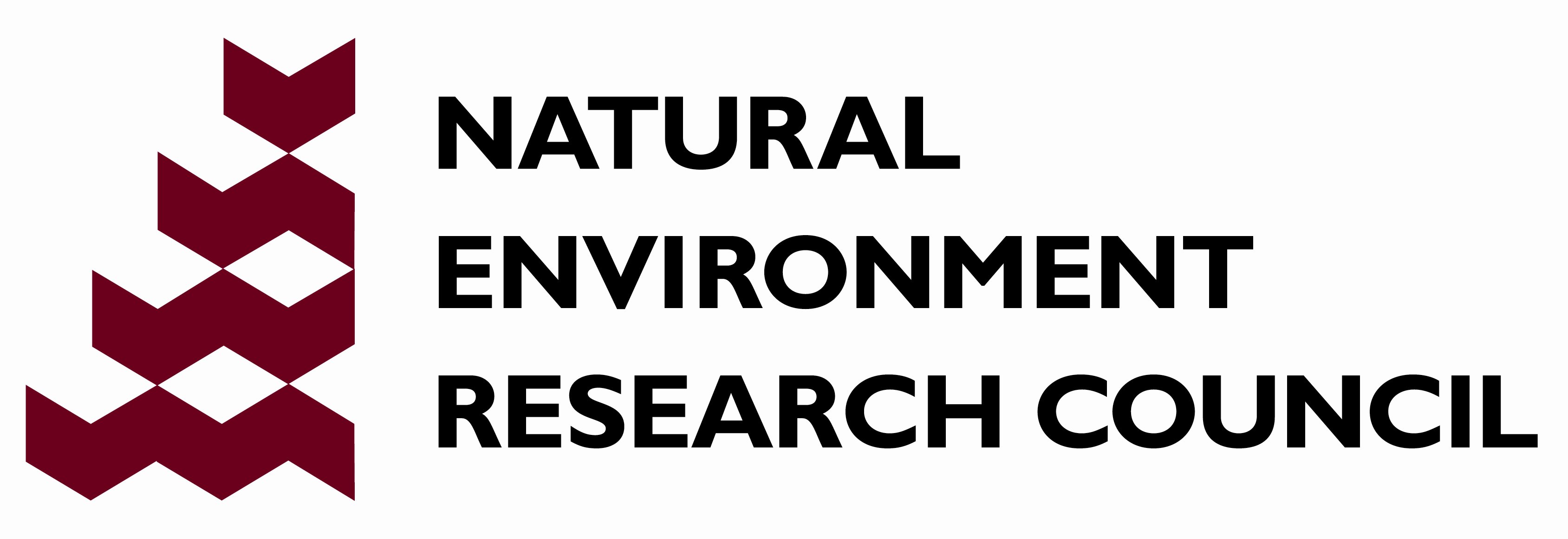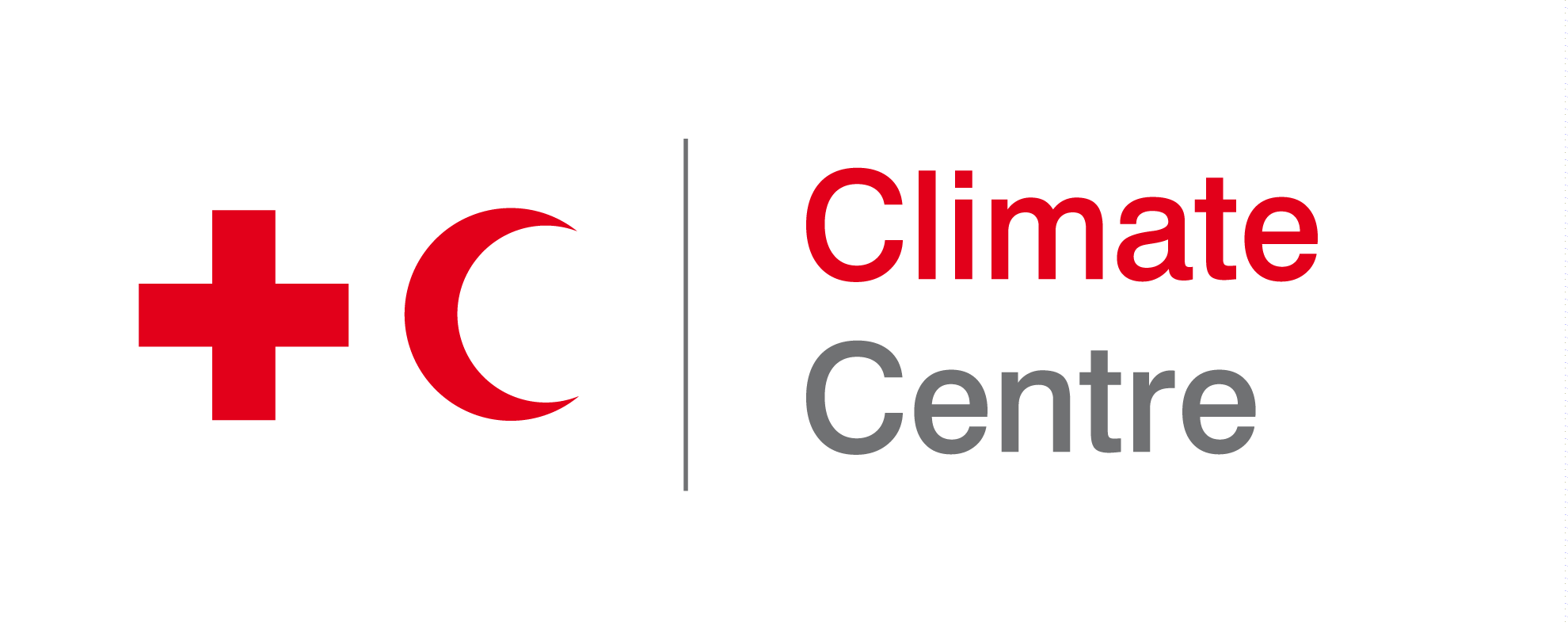Framework for scaling-up Forecast-based Financing (FbF)
This project looks at the political economy of forecast-based financing (FbF) and its integration into national and local disaster risk reduction (DRR) policies and plans and in the international aid system. The research will assess the underlying assumptions, institutional arrangements and operational approaches used by different agencies engaged in disaster preparedness and response, and answer two questions:
- How could flood forecasts be made more relevant to decision makers and used to provide early support to vulnerable communities through existing delivery systems?
- What are the opportunities for scaling up Red Cross community-level pilot forecast-based financing mechanisms?
Forthcoming working papers, policy briefs and journal articles will identify the most suitable approaches to FbF in pilot countries and international financing mechanisms. In the first year, a political economy analysis will be conducted for South Africa, Mozambique, and Uganda. Even when the logical case for early action is well understood, in practical terms it is problematic to prioritise needs that have not yet escalated to crisis-levels over those that already have and yet remain un-addressed. These and other political disincentives to funding early action need to be tackled in a focussed way. The use of evidence, analysis, and narratives around cost reduction can be shared and discussed with stakeholders to identify entry points and levers of change.
The PEA will look at the timing of action (how early is early?) and how decisions can be taken with varying levels of uncertainty. A clear distinction needs to be made between early action based on forecasts of a deteriorating situation; acting to reduce the impact of the crisis based on predicted needs; and timely response - efficient and effective humanitarian response once the situation has become a crisis, based on actual needs. Options need to be explored for pre-agreeing triggers for action and how to reduce subjectivity through consultation.
In the second year, the research will identify entry points and ‘room for manoeuvre’ (Clay and Schaffer, 1984) to enhance FbF at the national level in the pilot countries and elsewhere in Africa and within the international humanitarian system. Without sufficient funding, any discussion about early action at scale based on forecasts is moot. Sources of early action funding remain a critical gap so both governments and donors need to have mechanisms in place that can swiftly release funding. The newly launched Start Fund Anticipation Window is the only mechanism designed specifically for early action. We will examine options for governments and donors; make explicit the implicit and pre-committed funding needed for specific situations. Our research will cover the options for donors to increase the proportion of funding to contingent grants and credit, forecast-based financing and crisis modifiers, and innovative financing mechanisms to transfer risk.
This is part of a larger project, Forecast for Anticipatory Humanitarian Action (FATHUM) led by the University of Reading and funded under the Science for Humanitarian Emergencies and Resilience programme.
Staff
-
Emily Wilkinson
Senior Research Fellow and Director, Resilient and Sustainable Islands Initiative




